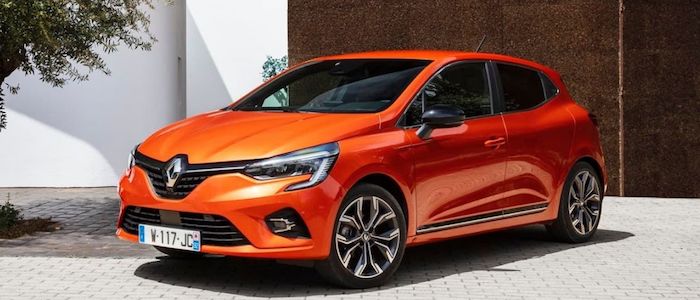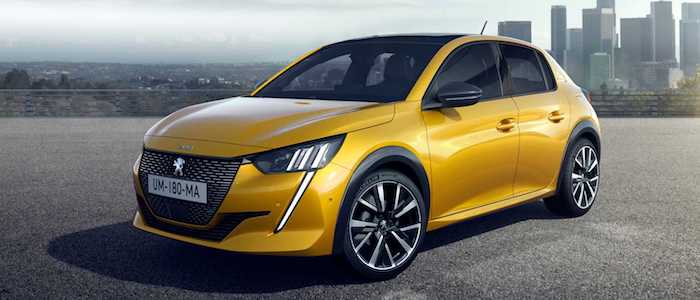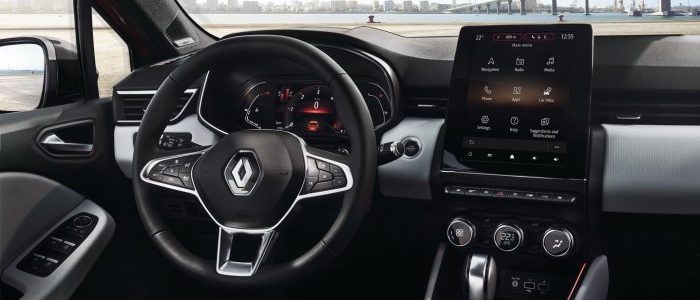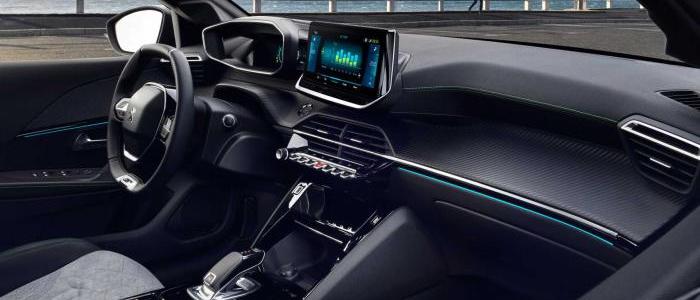Compare two cars
Compare any two cars and get our Virtual Adviser™ opinion
Dimensons & Outlines
Check vehicle history
Engine
1.5 dCi K9K Blue dCi 100
1.5 DV5 RD / DuraTorq DLD-415
Performance (manual gearbox)
Performance (automatic gearbox)
Expenses
Virtual Adviser's™ opinion
Well, these are two pretty similar cars we have here! It's only details that could potentially make the difference. Considering they both belong to the city car segment and utilize the same 5-door hatchback body style and the front wheel drive system, it all comes up to the specific diesel engine choice they offer. The first one has a Renault-engineered powertrain under the hood, a 4-cylinder, 8-valves 100hp unit, while the other one gets its power and torque from a 4-cylinder, 16-valves 102hp engine designed by Peugeot.
SafetyA starting point here would be to take a look at the results from European New Car Assessment Programme (Euro NCAP) tests which were performed on both of the cars, with the Renault being a slightly better choice apparently. That aside, let's consider some other aspects which affect safety. Both vehicles belong to the city car segment, which is generally not a very good thing safety-wise, but it doesn't do much to help us decide between the two. Furthermore, taking kerb weight as an important factor into account, Clio offers a marginal difference of 9% more metal.
ReliabilityManufacturers have been building their reliability reputation for decades now and, generally speaking, it appears that both brands display similar results in faults and breakdowns, all the models observed together. That's the official data, while our visitors describe reliability of Renault with an average rating of 4.2, and models under the Peugeot badge with 4.3 out of 5. Some independent research have also placed Clio as average reliability-wise, and 208 is more or less at the same level.That apart, owners of different cars powered by the same engine as Clio rank it on average as 3.0 out of 5, exactly the same as the other one.
Performance & Fuel economyPeugeot is undoubtly more agile, reaching 100km/h in 1.2 seconds less than its competitor. In addition to that it accelerates all the way to 188 kilometers per hour, exactly the same as the other car does. When it comes to fuel economy things look pretty much the same for both cars, averaging around 3.6 liters of fuel per 100 kilometers (78 mpg), in combined cycle.
Verdict
Peugeot appears just a bit more reliable, although the difference is truly marginal. The most important thing when deciding between any two vehicles should always be safety, both passive and active. In my opinion, everything taken into account, Clio offers much better overall protection, which launches it ahead of the other contender. From there things take a different direction, with Peugeot being considerably quicker, thus putting more smile on driver's face. To make things even better, it consumps less fuel! It's really tough to make a final decision here, but if I'd need to, I'd say Peugeot. Anyway, that's the most objective conclusion I could've came up with and it's based solely on the information found on this website. Aspects such as design, practicality, brand value and driving experience are there for you to measure them out. In case you have two minutes to spare I invite you to define your needs, desires and budget and see which car would be chosen by the virtual adviser™, among thousands of similar, yet so different vehicles.

































